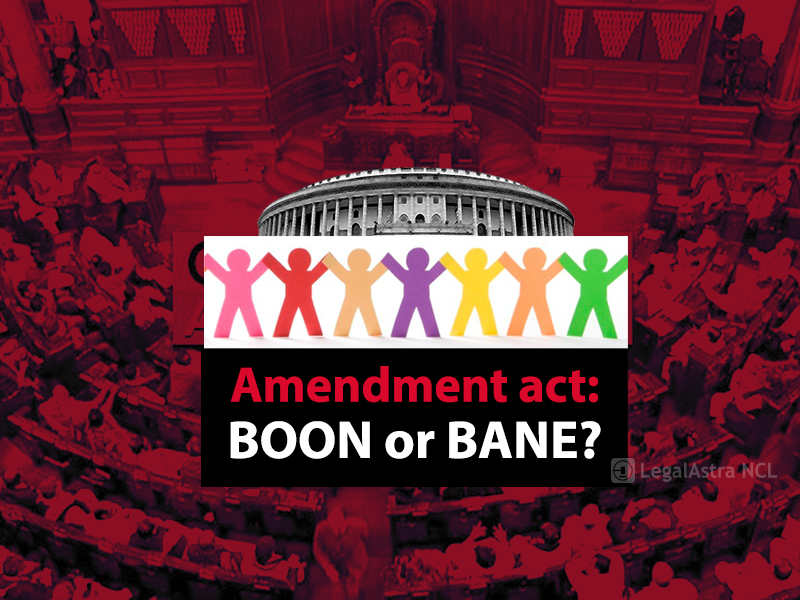The IBC Ordinance, 2020 promulgated on June 5, 2020. The scheme stipulates and lays down extra norms for insolvency proceedings. The government had felt that operation of Section 7,9 and 10 should be suspended due to the economic distress faced during the pandemic.


Track your NCLT / NCLAT cases or orders in your apple iOS / Google Android smartphones. Available for free trial period of 15 days.
Negatives:
“Section 10A: Suspension of initiation of corporate insolvency resolution process
10A. Notwithstanding anything contained in Sections 7, 9 and 10, no application for initiation of corporate insolvency resolution process of a corporate debtor shall be filed for any default arising on or after 25th March, 2020 for a period of six months or such further period, not exceeding one year from such date, as may be notified in this behalf.
Provided that no application shall ever be filed for initiation of corporate insolvency resolution process of a corporate debtor for the said default occurring during the said period.
Explanation: For removal of doubts, it is hereby clarified that the provisions of this section shall not apply to any default committed under the sections before 25th March, 2020.”
Therefore, it stipulated that default arising on or after March 25, 2020. Temporary suspension on initiating insolvency process. Any default arising on or after March 25, 2020. The provision seeks to give permanent immunity to such defaults from the Code. It seems that the Ordinance, literally debars the suspension period. A default that has occurred during the suspension period, may continue even beyond the suspension period.
- The newly inserted sub section 3 to section 66 is to boost the confidence of the directors or partners of companies to use their best endeavors to continue trading during economic distress.
- The ordinance is likely to be detrimental to operational creditors.
- Corporate debtors whose majority rights are being taken away by the Ordinance may avail other remedies like voluntary liquidation and other winding up mechanisms which will be a lot more strenuous.
- Operational creditors will opt for debt recovery mechanisms such as filing Summary suits under the CPC. Regular civil suits under the Commercial courts act, 2015, arbitration proceedings under the Arbitration and conciliation act, 1996 can also be opted for.
The various loopholes in the newly introduced Ordinance poses a huge challenge to impose and interpret, thus cancelling out the very intent of it i.e. to ease the process and cause relief to the existing economic distress.
